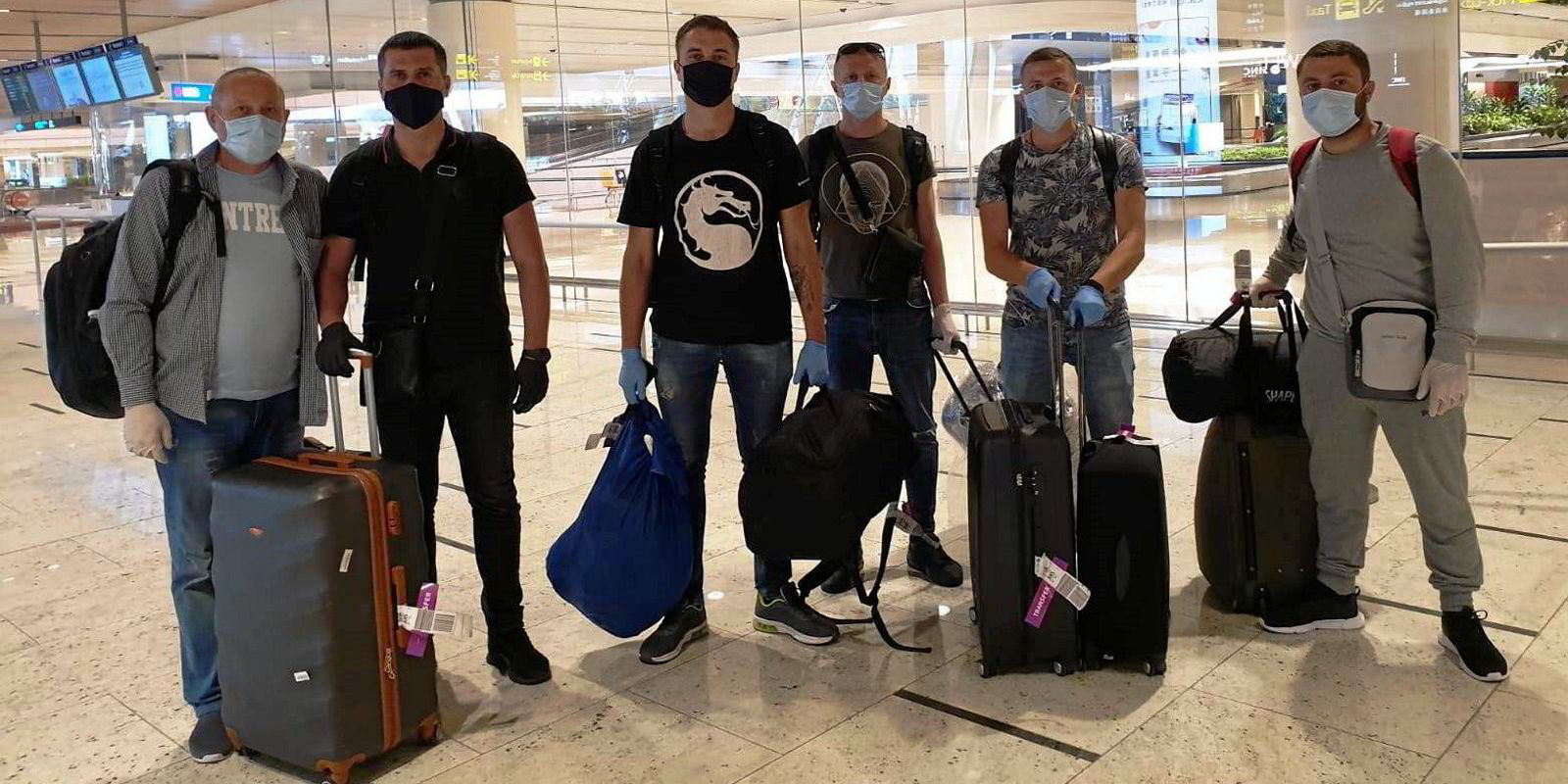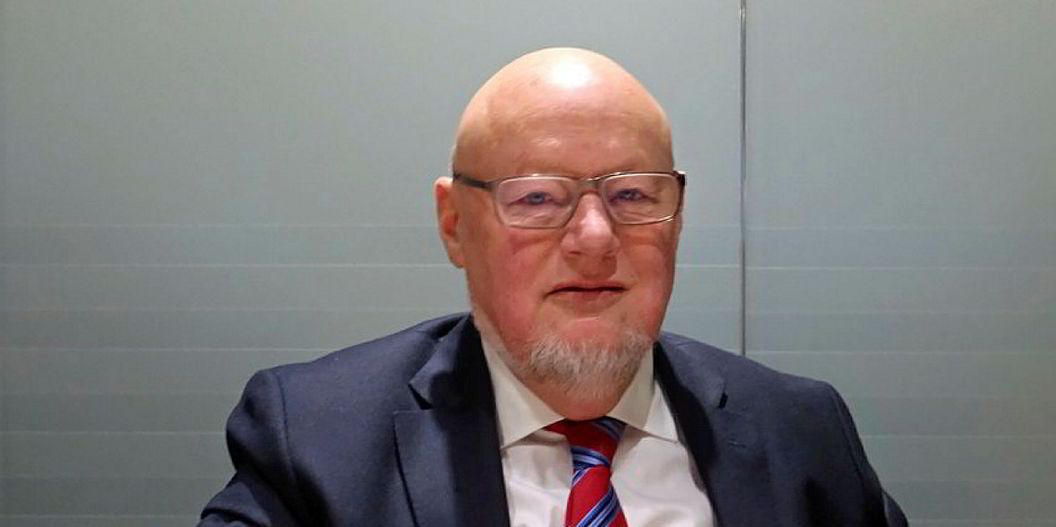Seafarers were not the only ones to suffer during the crew-change crisis — onshore crewing staff also worked long hours with constant stress, frustration and pressure.
“One of the biggest fallacies of this pandemic is to think that there are only stresses and strains on board," Columbia Shipmanagement chief executive Mark O'Neil said.
"It is so frustrating and mentally draining to go through all the arrangements for a crew change and then have them fall down at the last hurdle and have aggravated crew screaming down the phone that you are not doing enough.”
"It is so frustrating and mentally draining to go through all the arrangements for a crew change and then have them fall down at the last hurdle and have aggravated crew screaming down the phone that you are not doing enough.”
Mental Health Support Services clinical psychologist Charles Watkins said it is important to acknowledge the extra work shore staff are having to do to get crews off ships.
There is a mental toll from feelings of failure for crewing department staff when arrangements are not possible to see through due to no fault of their own, he said, adding that training can help redefine definitions of success.
Extra calls were made by crewing departments, fleet managers and directors to discuss how to cope with port calls in addition to regular day-to-day calls between superintendents and ships, and well-being services were introduced alongside upgraded online training systems.
Crewing departments also contacted families to keep them up to date with situations, and ship managers collaborated to share the cost of arranging charter flights for crew changes as well as chartering smaller planes.






